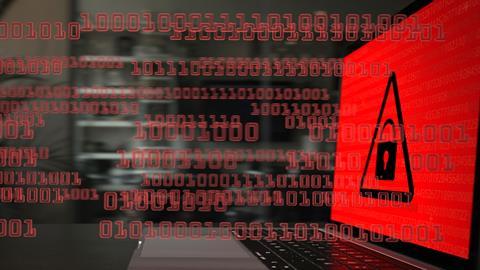Solicitors need to be trusted with more legal aid decision-making powers, the Law Society has declared two months after the Legal Aid Agency became the target of a cyber attack.
Letting solicitors make more decisions themselves is part of a 10-point action plan issued by Chancery Lane to minimise the fallout of April’s attack for solicitors and their clients.
Society president Richard Atkinson said: ‘It has been two months since the cyber attack and it is time to get our justice system back online and ensure legal aid – a crucial public service – is available to all who may need it.
‘Civil legal aid providers – who can make the difference between a home and homelessness or give stability for children navigating family separation - are particularly hard hit. They have been unable to apply for new grants of legal aid which has left people most in need unable to secure legal advice and risks the closure of legal aid firms across the country.’
Read more
The action plan calls for solicitors to be allowed to make legal aid decisions for: criminal cases in the magistrates’ courts, extensions and amendments to grants of legal aid in civil cases; initial grants in cases not requiring a means or merits test, such as care proceedings; and judicial reviews. Firms would be compensated for losses they incurred as a result of the LAA shutting down its digital portal.
Other recommended steps include greater transparency on what data was accessed and clearer support to vulnerable people, such as domestic abuse victims.
The LAA has been regularly updating its ‘frequently asked questions’ and ‘cyber security incident’ pages.
In a recent update on VAT bill deadlines, the LAA said HM Revenue & Customs has now updated its guidance on its VAT and debt customer support lines, including ‘time to pay’ arrangements acknowledging that HMRC is working with the LAA.
Earlier this month, a barrister revealed that she had just paid a £4,000 tax bill that had ‘drained’ her finances, despite facing little income coming through over the next few weeks.
This article is now closed for comment.




























7 Readers' comments